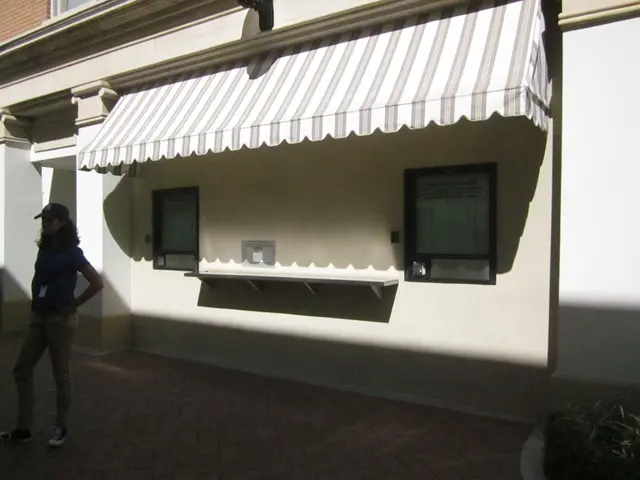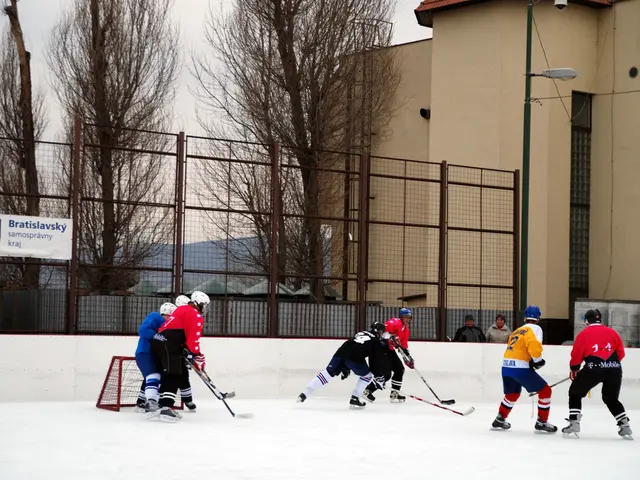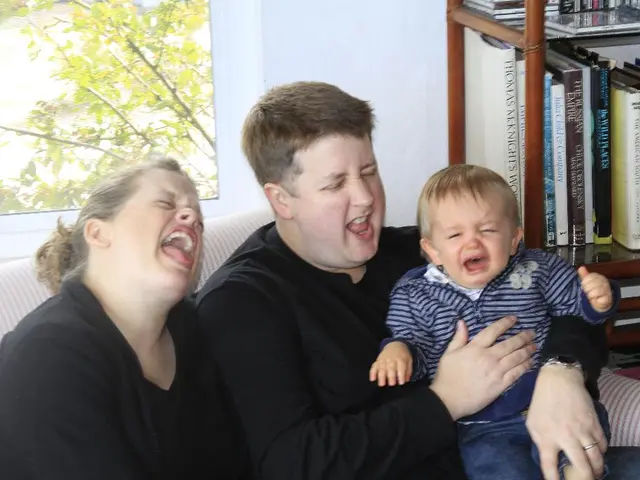Current Situation: Ukraine Ceasefire Negotiations
Ukraine advocates for a 30-day halt in hostilities, aiming to facilitate negotiation sessions for peace.
The ongoing ceasefire negotiations between Ukraine and Russia are currently at an impasse. Despite propositions from international actors and the conflicting parties themselves, a concrete resolution remains elusive. Ukraine has agreed to a 30-day unconditional ceasefire, proposed by the United States, to foster peace talks. Conversely, Russia has failed to reciprocate this agreement and continues to insist on a complete halt to Western military aid to Ukraine as a prerequisite for any ceasefire, a demand consistently dismissed by Ukraine and its Western allies.
Following self-declared, short-term ceasefires by Russia, Ukraine has noted numerous breaches, thereby raising concerns and causing skepticism [1][2][5]. Ukrainian President Volodymyr Zelensky emphasizes that only an extended, unconditional ceasefire can provide the necessary stability for credible peace discussions to take place [5].
Positions of Ukraine and Russia

| Side | Position on 30-Day Ceasefire | Additional Demands/Concerns ||----------------|------------------------------------------------------------|------------------------------------------------------------|| Ukraine | Accepts US proposal for a 30-day unconditional ceasefire| Opposes Russian demands for a halt to military aid. || Russia | Rejects US/Ukrainian proposal | Demands a complete halt to military aid to Ukraine before agreeing to any truce |
Ukraine’s Position
- Advocates for the unconditional 30-day ceasefire backed by the US, aiming for substantial peace talks [1][4][5].
- Is wary of short-term, Russian-declared ceasefires, due to a history of violations and continued attacks during supposed truces [3][5].
- Urges increased Western sanctions on Russia, greater military support, and expedited EU accession for Ukraine to pressure Russia into engaging in genuine negotiations [4].

Russia’s Position
- Refuses the 30-day unconditional ceasefire, insisting on a complete halt to Western military aid to Ukraine before agreeing to any truce [1][2][5].
- Has proposed short-term ceasefires termed as “humanitarian truces,” but these have been marred by violations and lack of trust from Ukraine [3][5].
- Continues to escalate military operations in Ukraine, including strikes on civilian targets, disregarding international pleas for de-escalation [1][4].
Recent Developments and Context
here.
- Breaches and Distrust: Ukraine has documented over 700 ceasefire violations by Russia during a recent three-day truce, highlighting the profound lack of trust between the parties [3][5].
- Escalation: Since the initiation of US-led peace talks, Russia has escalated its military campaign, resulting in a surge in Ukrainian casualties [1][4].
- International Pressure: Ukraine is pressing the G7 and Western allies for increased sanctions and military support, arguing that only pressure can compel Russia to negotiate in good faith [4].
Conclusion
As of early May 2025, Ukraine is open to observing a 30-day unconditional ceasefire to support peace talks, while Russia continues to resist such proposals unless Western military aid to Ukraine is halted. The profound lack of trust, coupled with Russia’s ongoing military escalation and ceasefire breaches, have prevented any meaningful progress toward a negotiated truce [1][3][5].

- Swyrydenko, a policymaker, stresses the urgency of the unconditional 30-day ceasefire proposed by the United States, highlighting the need for such a measure to foster peace talks within the community policy context.
- Amidst ongoing war-and-conflicts, Russia allegedly fails to reciprocate Ukraine's agreement to the 30-day unconditional ceasefire proposed by international actors, continuing to demand a halt to Western military aid as a prerequisite for any ceasefire.
- In light of the recent Ukrainian president's statements, only an extended, unconditional ceasefire can provide the necessary stability for general news discussions about credible peace discussions to take place.
- Ukraine's current employment policy, which involves urging increased Western sanctions on Russia, greater military support, and expedited EU accession, is aimed at putting pressure on Russia to engage in genuine negotiations.







